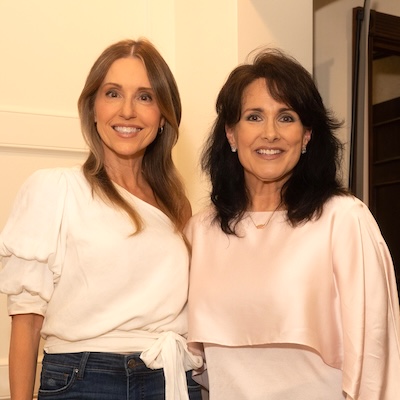Although trick or treating in your neighborhood might not be happening this Halloween, it seems that many of us are still planning on having a spooktacular time indoors – with searches for “horror films” having risen by 2,750%, according to Google.
But with so many nerve-shredding horror films to binge-watch, which ones will guarantee the most jumps and jolts?
Experts in the art of measurement, GIGACalculator.com have now quantified the most frightening flicks that are likely to give people the chills this month.
They asked 150 brave souls to watch each of the selected films for the first time, while wearing a heart rate tracker to monitor their pulse. The films were selected via a survey of 2,542 “gore-hounds” who were asked to name the top 10 scariest horror films of all time.
Some of the highlights include:
- The scariest film to get our hearts pulsing is Hereditary, with an average BPM of 115 - a significant jump compared to the average resting heart (60 – 100 BPM)
- Although released 16 years ago, the first of the iconic horror franchise Saw comes in second (113 BPM), being described by participants as "harrowing" and "disturbing"
- The 1973 horror classic, The Exorcist, makes the top 10 (96 BPM)
- The Psychologist Lee Chambers explains why many of us love watching horror films

"As human beings, there are a wide range of reasons we enjoy watching horror films. First, it's a form of entertainment. Our desire to seek sensations and avoid boredom draw us to a type of movie where something gruesome could happen any minute.
There is also the understanding of limits of our own emotions, in the comfort of our own homes or cinema. You can be terrified but still be safe, you can even hide behind the sofa if it's too much. This emotional regulation activation is powerful, and it allows us to test our fear and anxiety in a controlled environment.
Scary movies are also powerful mindfulness devices. You're unlikely to be worrying about anything else while watching one, and they are a distraction from the monotony of everyday life, creating a novel experience. They are also a tense experience, and we are able to psychologically distance ourselves as we know it is not reality, which gives us the shock sensation without the disgust."
-Lee Chambers, Psychologist and Wellbeing Consultant










